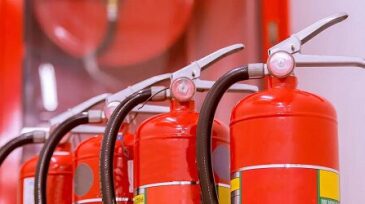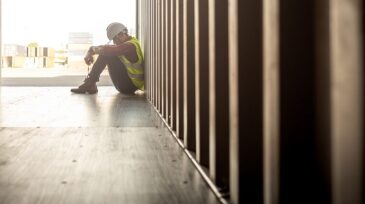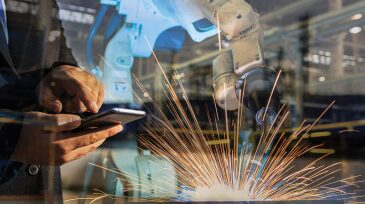Safety
The company said its frequency of serious incidents was down at the end of the year from its levels at the end of 2024.
This paper examines how real-time monitoring can improve both incident prevention and emergency response in the oil and gas industry. Drawing from real-world examples and case studies, it provides practical strategies for implementing this technology effectively.
This paper presents a novel application of artificial intelligence in computer vision for automating blowout-preventer pressure-chart-data extraction, demonstrating significant efficiency gains and a high return on investment.
-
As companies begin to embrace the concepts of digitalization and big data, the main challenge remains: How do we make a step change in reducing human error in heavily paper-based operating and maintenance procedures?
-
Recent advances in data technology and machine learning have disrupted many businesses and processes and can lead to a new paradigm in workplace safety as well. This case study demonstrates the application of data science and predictive analytics to aid the health, safety, and environment function.
-
The complete paper discusses Equinor’s operation planning tool, developed to present planners with the technical conditions of a platform, identify potentially dangerous combinations of concurrent activities, and propose learnings from 8 years of incident recordings.
-
The complete paper describes a service company’s approach to the development and application of technology and innovative solutions to improve driving performance on the basis of extensive data analysis.
-
Many people think fire extinguishers are easy enough to use and that there’s not much to it. But there is. Not only do fire extinguishers need to be used properly, but those fighting the fire also need to know which one to use.
-
This study fosters proactive occupational health management by promoting employee health and preventing or reducing fatigue. It thus plays a vital role in the prevention of sickness absenteeism and illnesses associated with chronic fatigue.
-
The partnership will deliver autonomous robots for safe work in adverse land, sea, and downhole environments.
-
This paper will discuss the importance of proactive operator monitoring (POM) as a safety barrier, explore some of the mechanisms by which monitoring can be defeated or degraded, and consider the kind of safeguards that might need to be put in place to prevent such degradation.
-
With their gee-whiz—albeit artificial—intelligence, robots may be the industry’s answer to jobs deemed dangerous, dirty, distant, or dull.
-
The platform, created by DrillingVR and safety group DROPS, has been designed to present online space for collaboration, meetings, and learning about dropped-object prevention.













